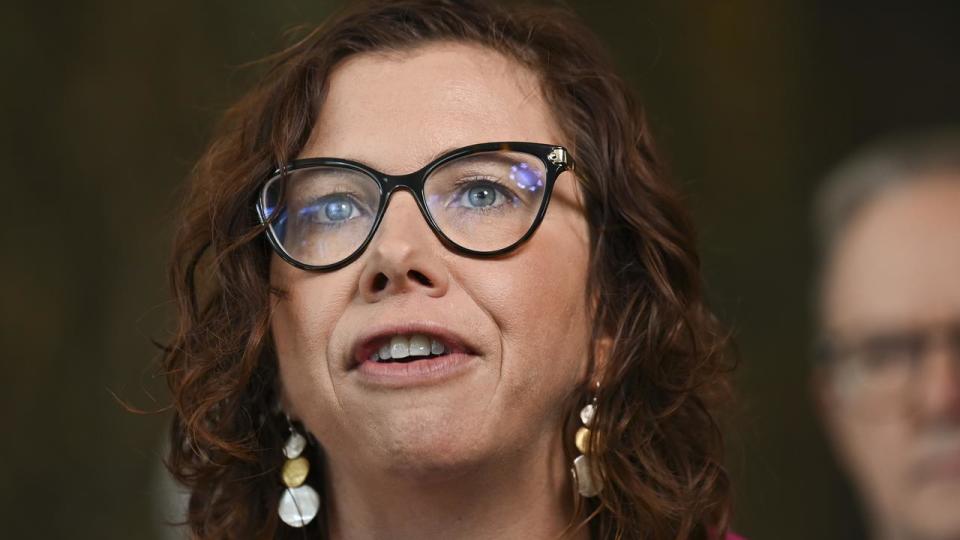Aussies turn away from one thing in droves

Thousands of Australians have banned themselves from betting for life within the first six months of a landmark self-exclusion register.
More than 18,000 Australians have signed up to BetStop since August, with over-40s making up the vast majority of registrants.
About 16,000 of the sign-ups remain active, while more than a third have opted to self-exclude themselves for life. About 1400 registrants ended their exclusion period, in line with requirements.
A centrepiece of the Albanese government’s gambling reforms, the register allows Australians wanting to change their online gambling habits the opportunity to self-exclude for a minimum of three months up to a lifetime.

BetStop applies to all licensed online- and telephone-based betting companies, with providers unable to open accounts, accept bets from, or send marketing material to people on the register.
Gambling service providers must promote BetStop.
Social Services Minister Amanda Rishworth said it was “great to see” the strong uptake of BetStop.
“It is complemented by mandatory pre-verification that helps to ensure people aren’t finding workarounds to bet if they have opted to exclude themselves from online wagering,” she said.
“We know there’s still more to do and we’ll keep working closely with states and territories to create a safer environment for Australians at risk of gambling harm.”

Acting Communications Minister Mark Dreyfus said it was clear the register was “making a meaningful difference to thousands of Australians and their families”.
“It’s changing lives for the better,” he said.
“If you think BetStop could benefit you or someone you care about, I encourage you to … learn more and sign up.”
As of Wednesday, more than eight billion checks have been made against the register in the last six months, to ensure those who’ve self-imposed bans are unable to partake in online gambling.
The milestone comes as the government continues to consider the recommendations of a parliamentary inquiry into online gambling, which were handed down last June, to guide further gambling reforms – including on whether or not to adopt a push to ban gambling ads within three years.


